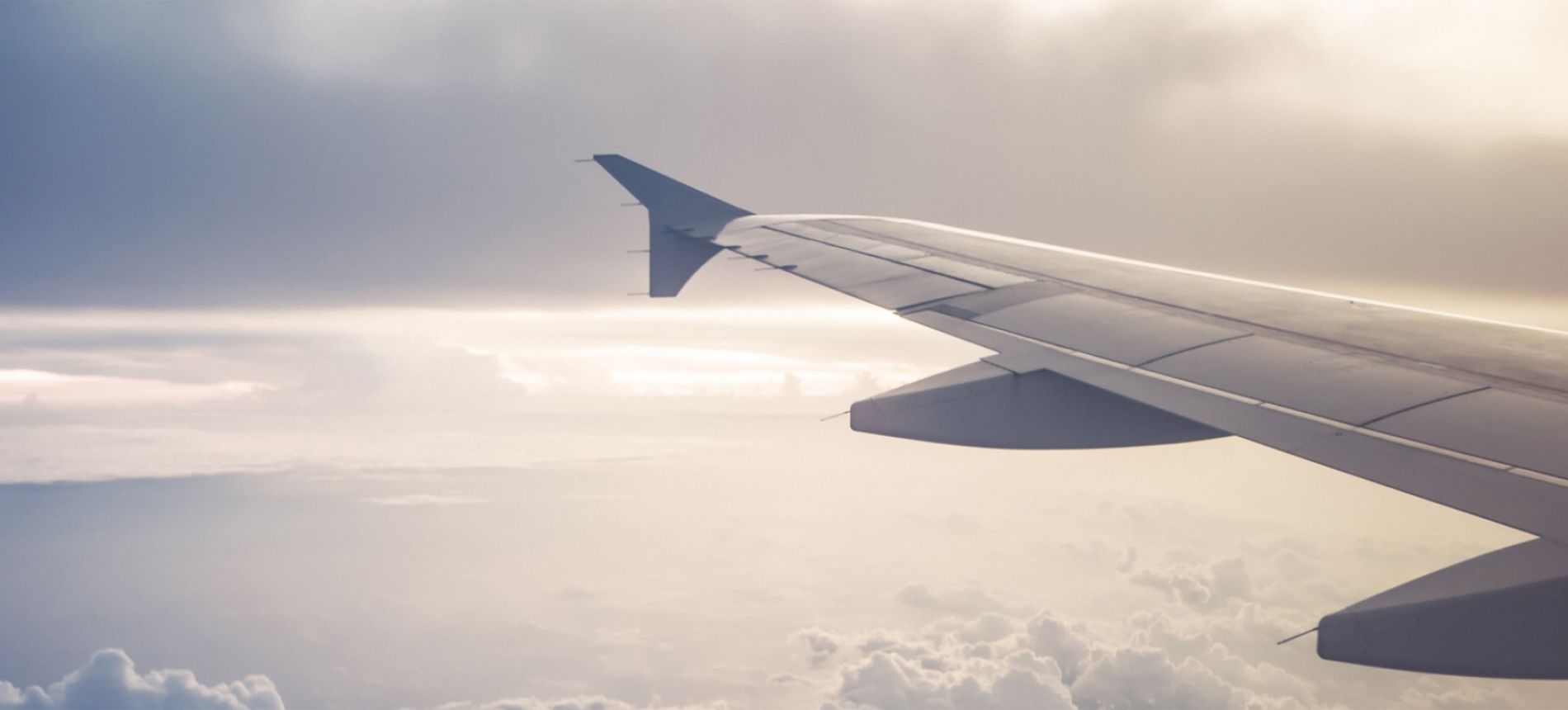FAQ
What are the possibilities to enroll my children in a school abroad?
You have two choices: a local school or an international school. In both cases, the rhythms and habits will be different from those taken in the original schools. It is advisable to choose the school according to your family project.
What is the procedure for settling yourself and your family abroad?
First of all, it is advisable to prepare for your departure by finding accommodation and a school for the children, setting a departure date, immersing yourself in the local culture but also by joining associations that allow you to create your own network abroad.
Little advice: it is also important to celebrate your departure to store up good moments that will become good memories.
Little advice: it is also important to celebrate your departure to store up good moments that will become good memories.
What are the health advices to follow during an expatriation?
It is important to do a complete health check-up (general practitioner + dentist + ophthalmologist + gynecologist) and also to think about the vaccinations to be done.
How can I prepare for expatriation?
It is important to plan a certain number of parameters (departure date, accommodation, network, future work) before leaving. It is advisable to go through all this point by point and make sure that everything is well programmed.
What are the trendy destinations for expatriate retirees?
Today several destinations stand out for spending your retirement abroad: Portugal, Thailand or Mauritius. This varies according to the host country's program. Today for French retirees, the three most popular countries are Algeria, Spain and Portugal.
Do retirees have the right to receive their pension even while on expatriation?
Of course, the retirement pension is a right. The years of contributions give access to a retirement pension. Even outside your country of origin, you will be able to receive this pension.
What is the procedure to follow with your home country upon return from expatriation?
it is important to take certain administrative steps (contact with the consulate - change of address) and also to declare your return to the customs of your country of origin. To be sure, do not hesitate to declare your goods and resources acquired during your stay abroad.
I am returning to my country, what is my new status?
With a return to your home country, you automatically lose your expatriate status and automatically regain the status you had before your departure. In other words, you are again dependent on the system of your home country.
What are the criteria to be taken into account when taking up a position abroad?
When taking up a position abroad, think about several criteria: salary, local legislation, your new social protection, your pension and the risk of unemployment.
Do we contribute when working abroad?
It depends on your status (expatriate or seconded). The difference is notable, in one case you are totally independent, in the other you are still dependent on your home country.
What programs exist for your studies abroad?
There are different study abroad programs: Erasmus and Leonardo for European partnerships, but also other international exchange programs (as a rule, these are partnerships with Anglo-Saxon universities). There is also the possibility of enrolling in universities/schools as a self-taught student.
I am a student abroad. Am I still attached to the social security system of my country?
Following your choice of study abroad, you will always be attached to the social security system of your home country. The student status does not change this, you are not considered as an expatriate and therefore you will still be able to benefit from your basic social security.


